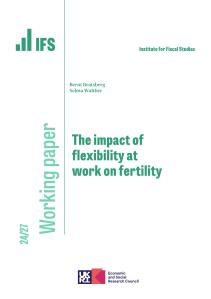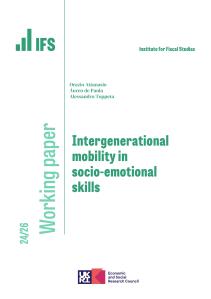Parents preferring sons tend to go on to have more children until one or more boys are born, and to concentrate investment in boys for a given sibsize. Therefore, having a brother may affect child outcomes in two ways: indirectly, by decreasing sibsize, and directly, where sibsize remains constant. We develop an identification strategy that allows us to separate these two effects. We then apply this to capture the heterogeneous effects of male siblings in both direct and indirect channels, using 0.8 million Taiwanese first-borns. Our empirical evidence indicates that neither effect is important in explaining first-born boys' education levels. In contrast, both effects for first-born girls are evident but go in opposite directions, resulting in a near-zero total effect which has previously been a measure of gender bias. These results offer new evidence of sibling rivalry and gender bias in family settings that has not been detected in the literature.










